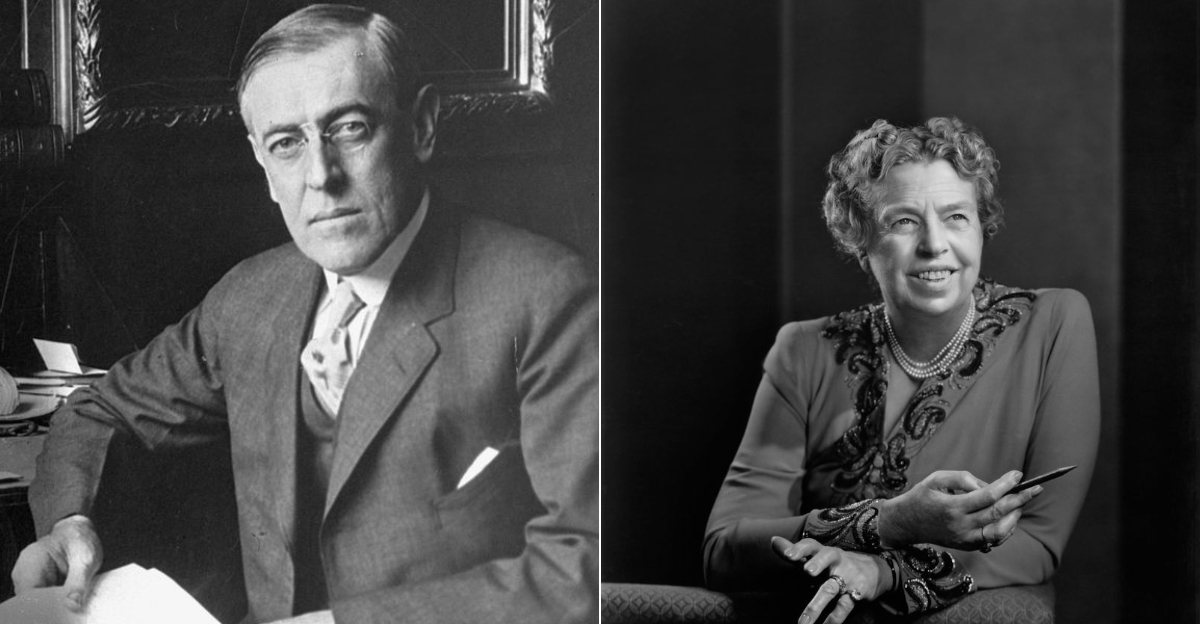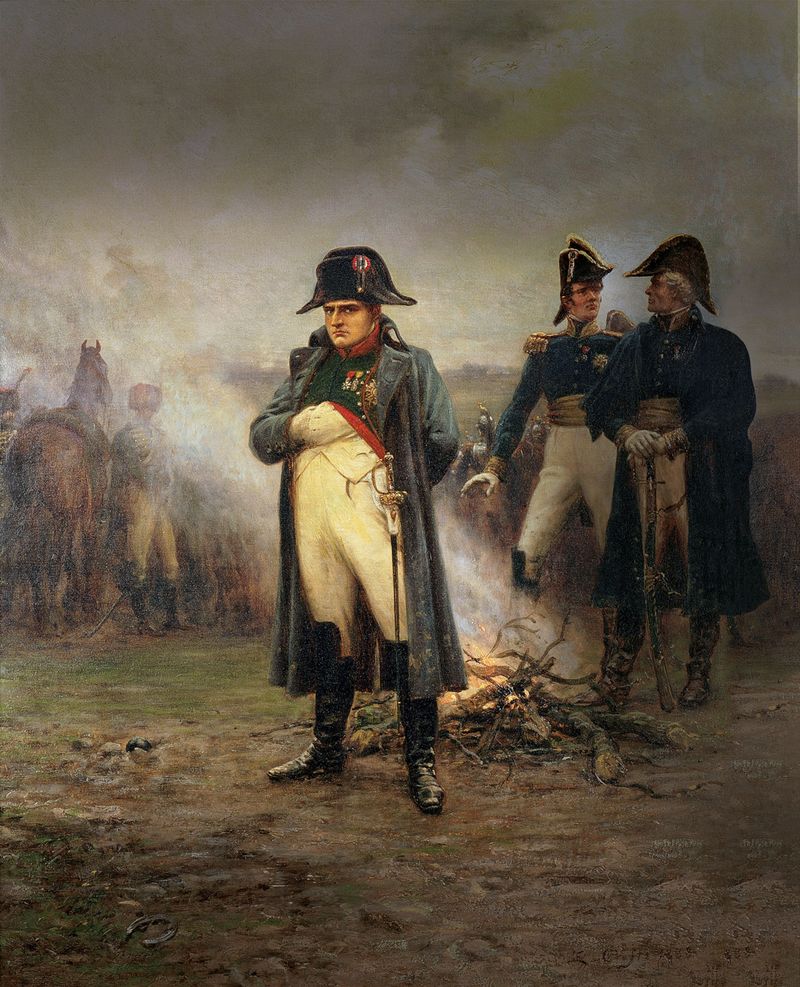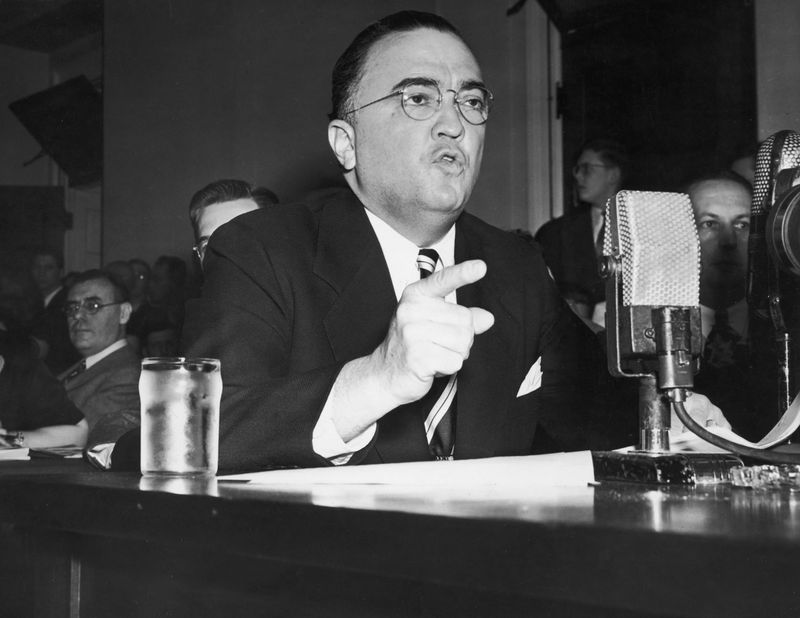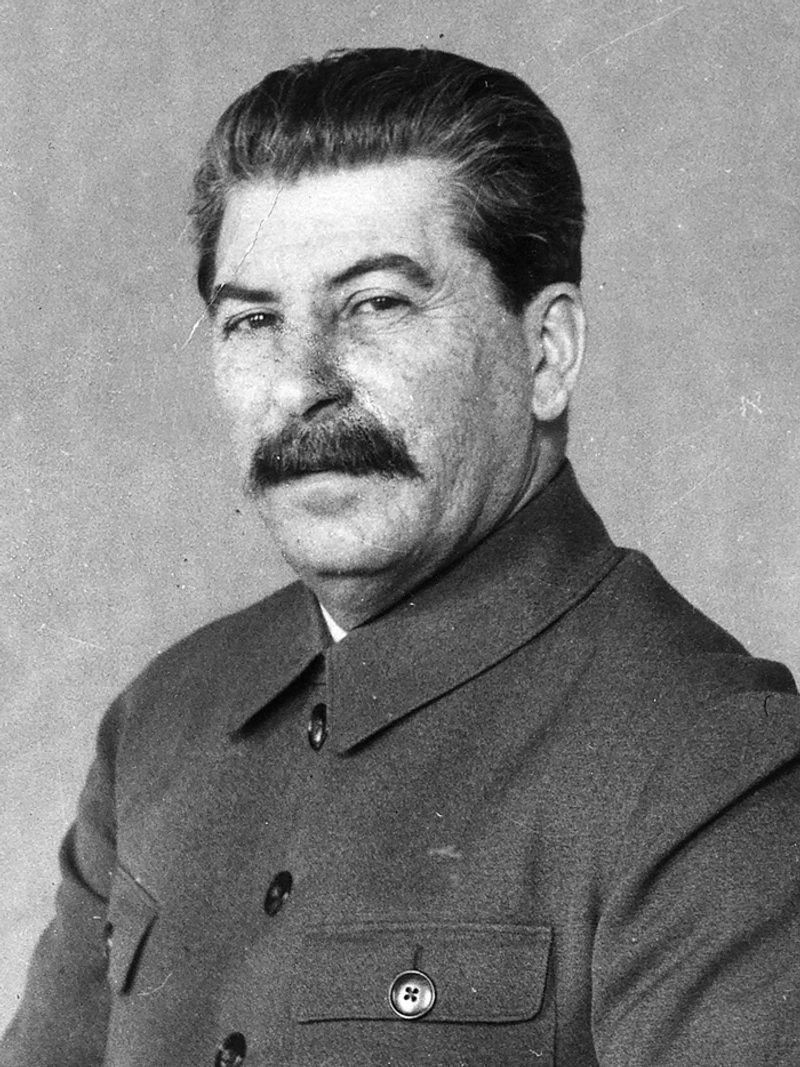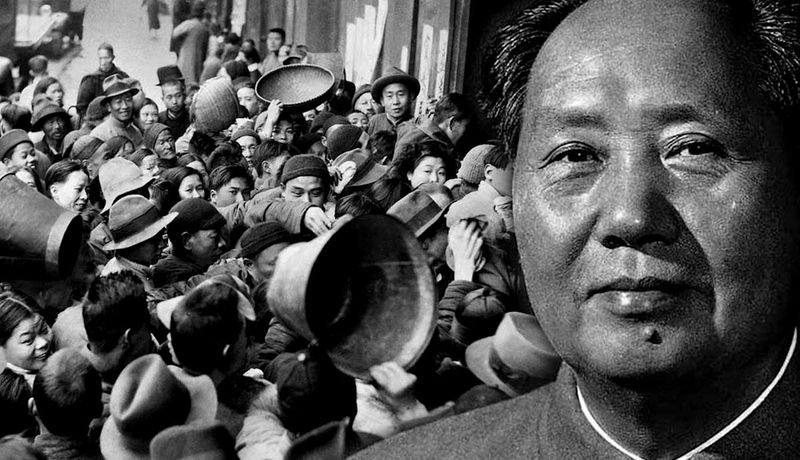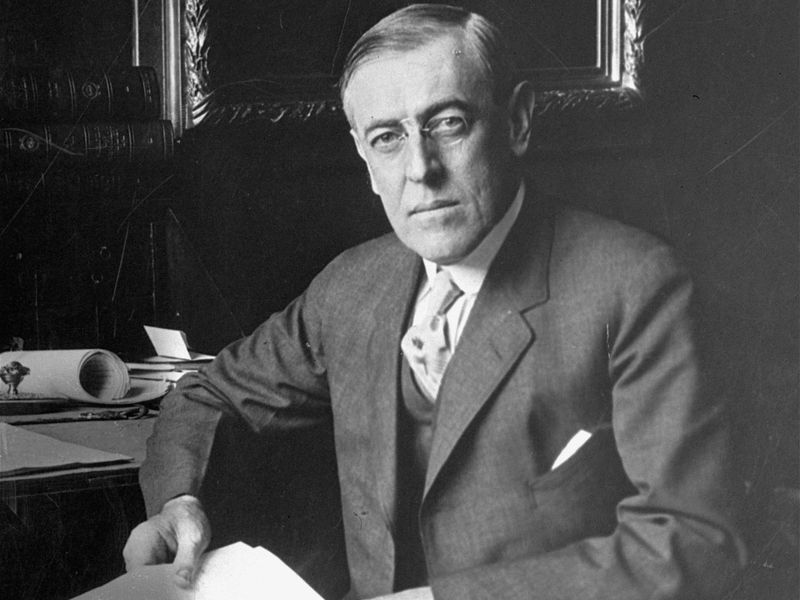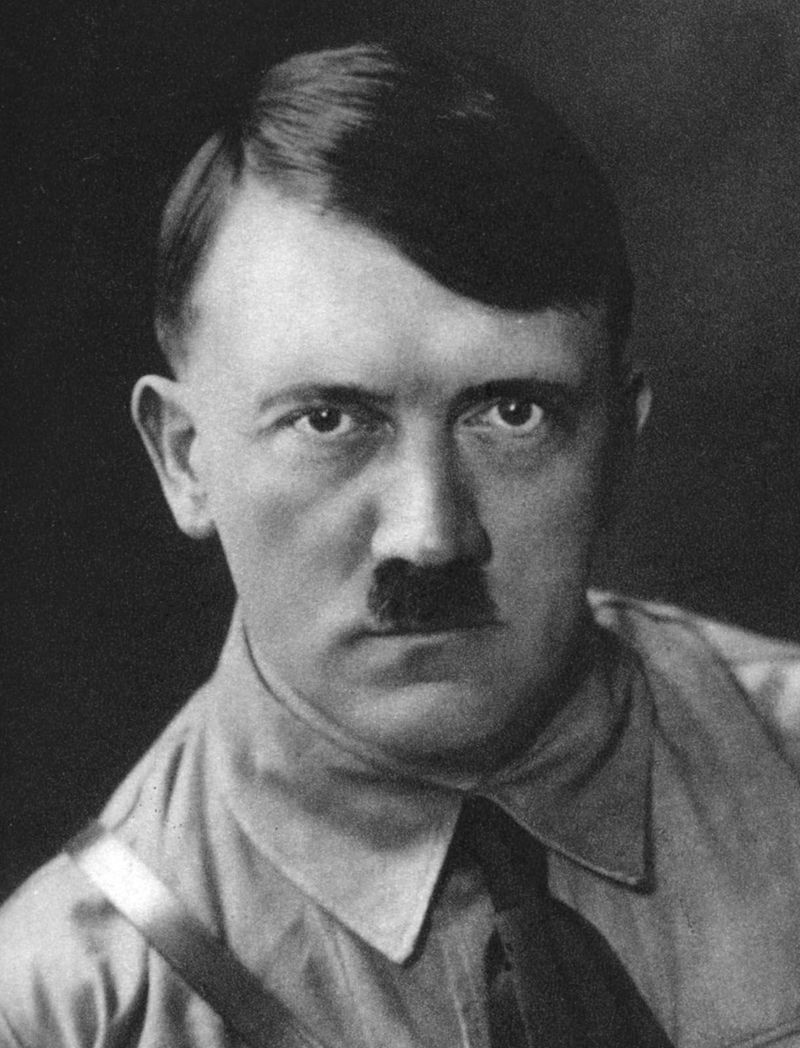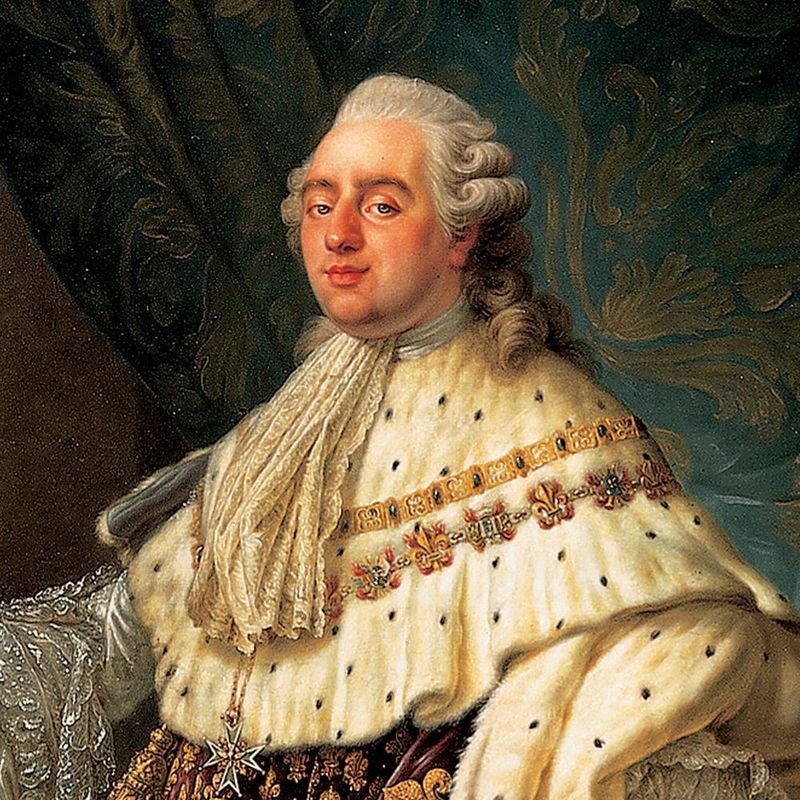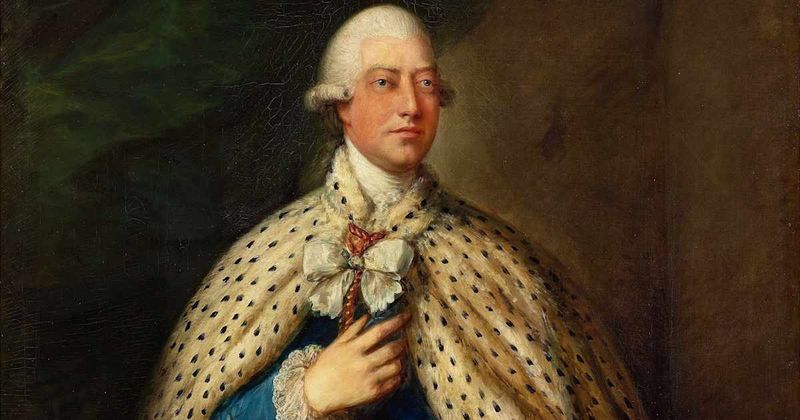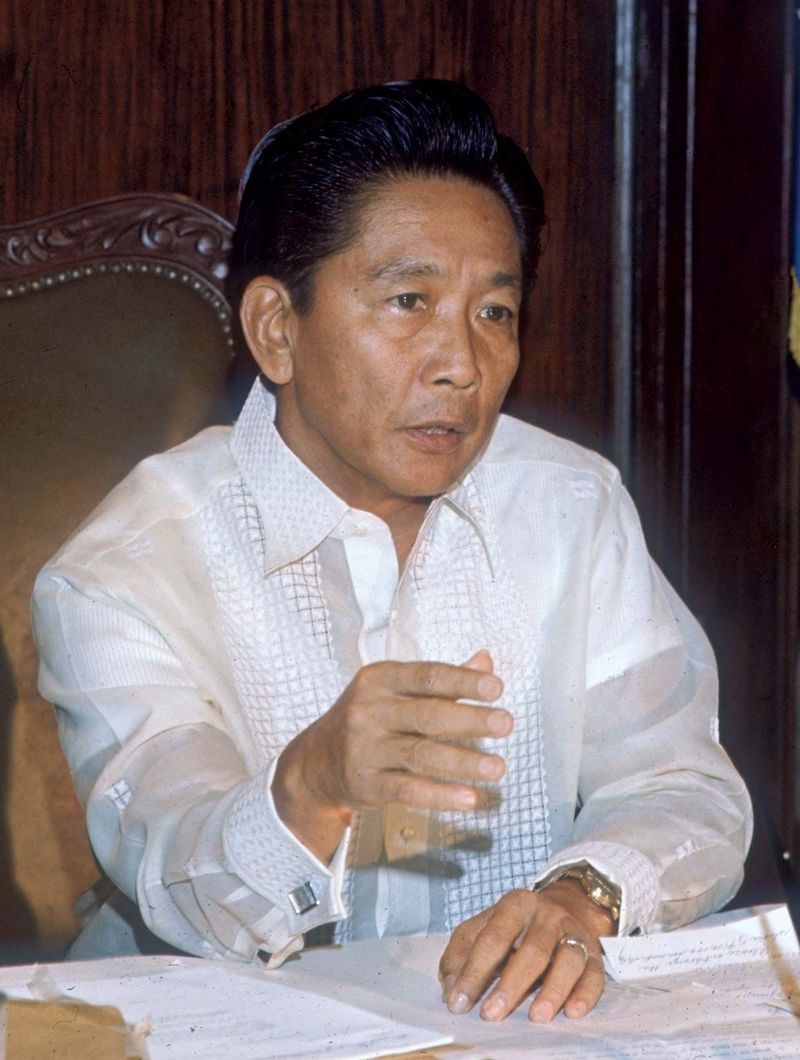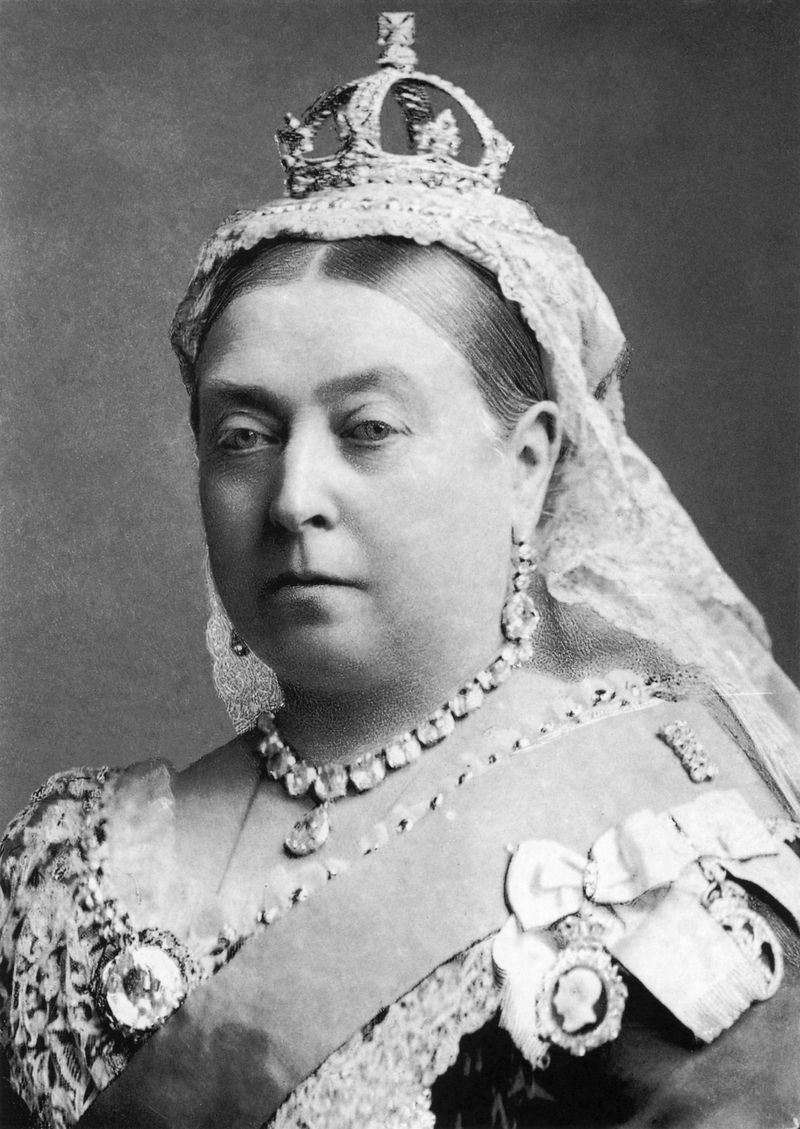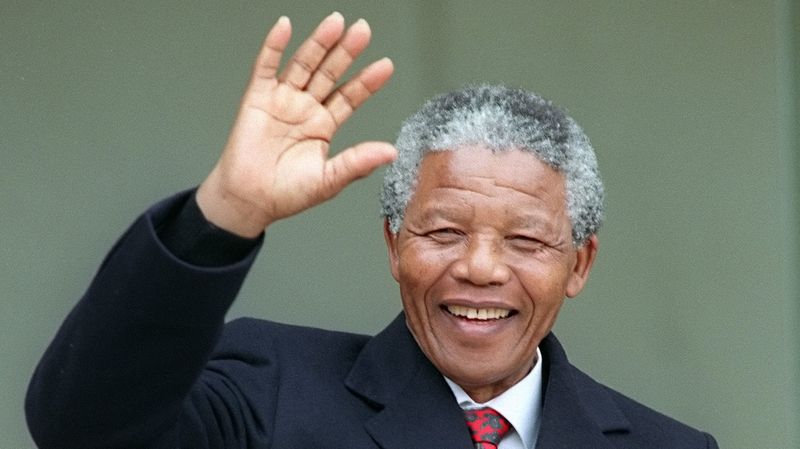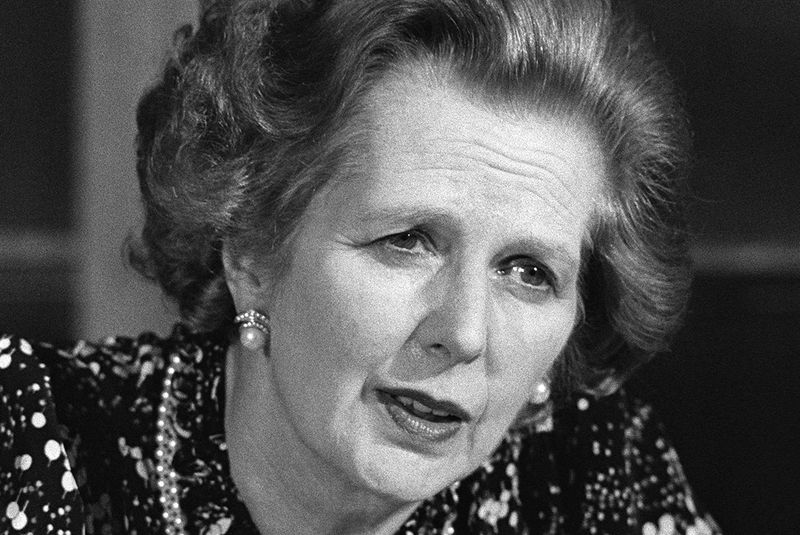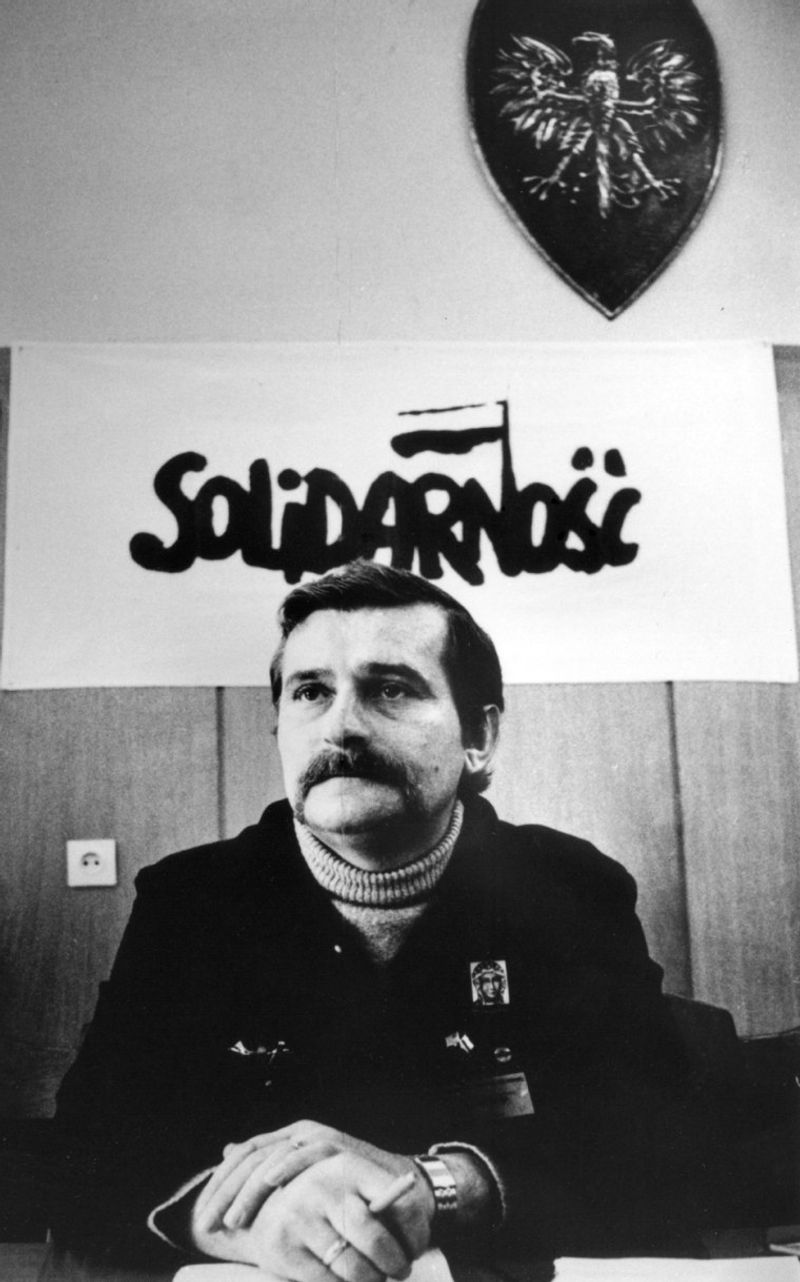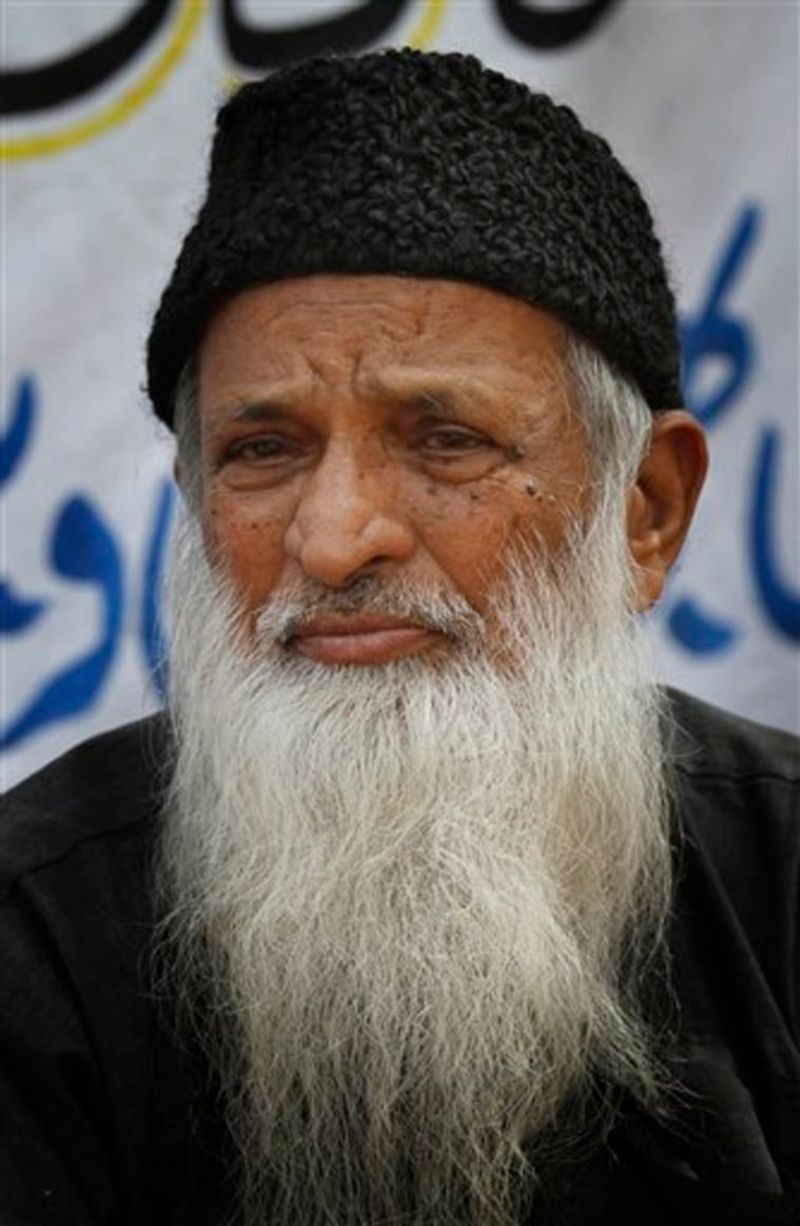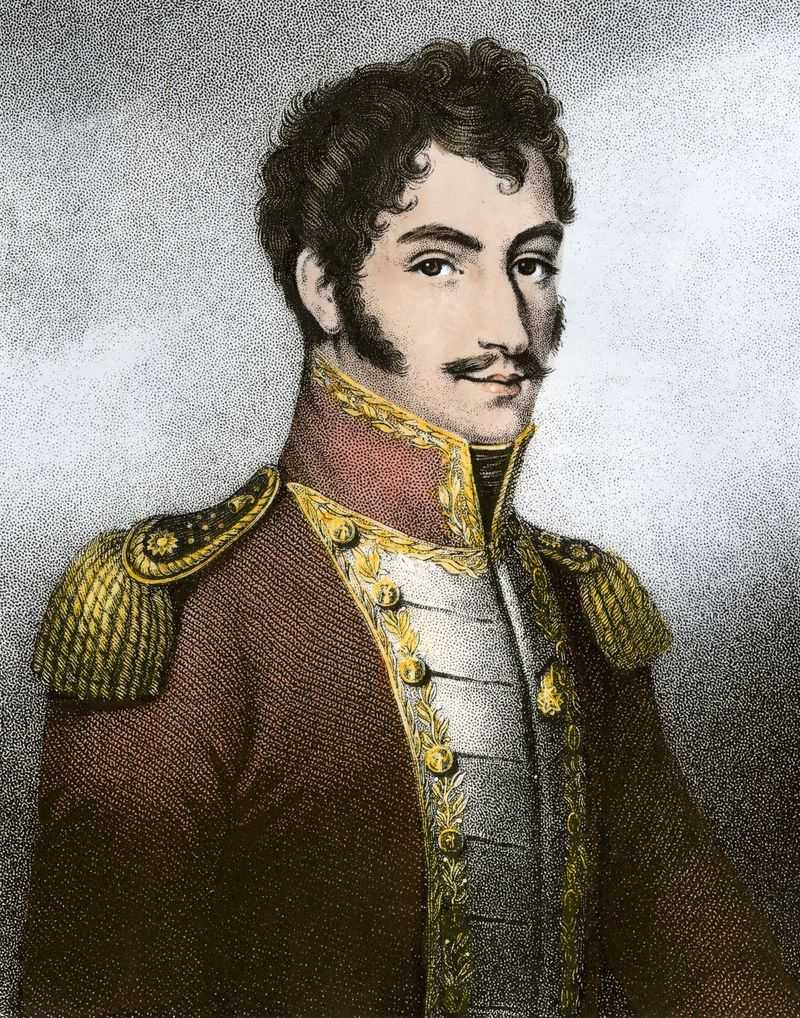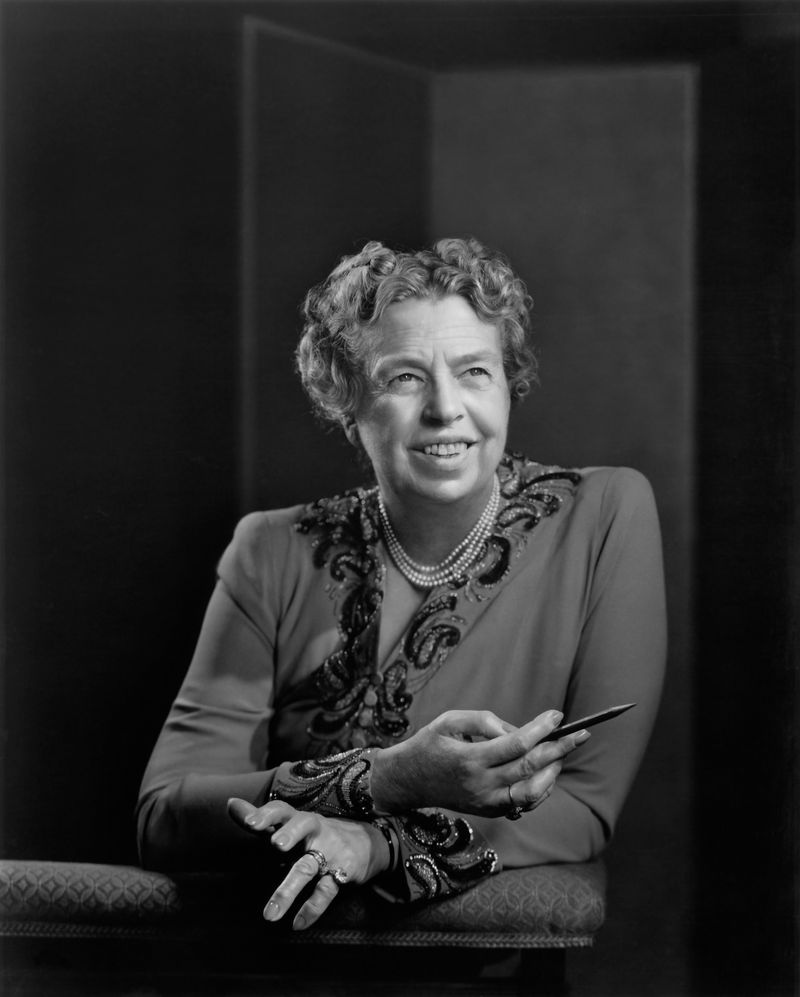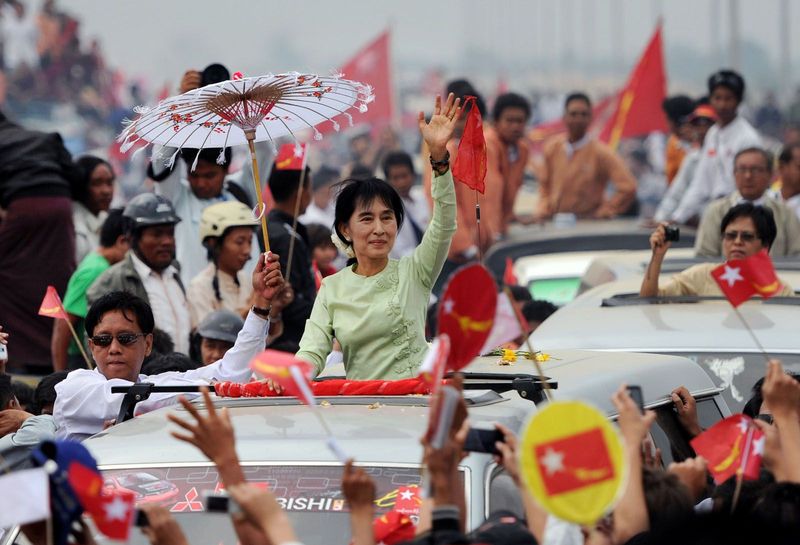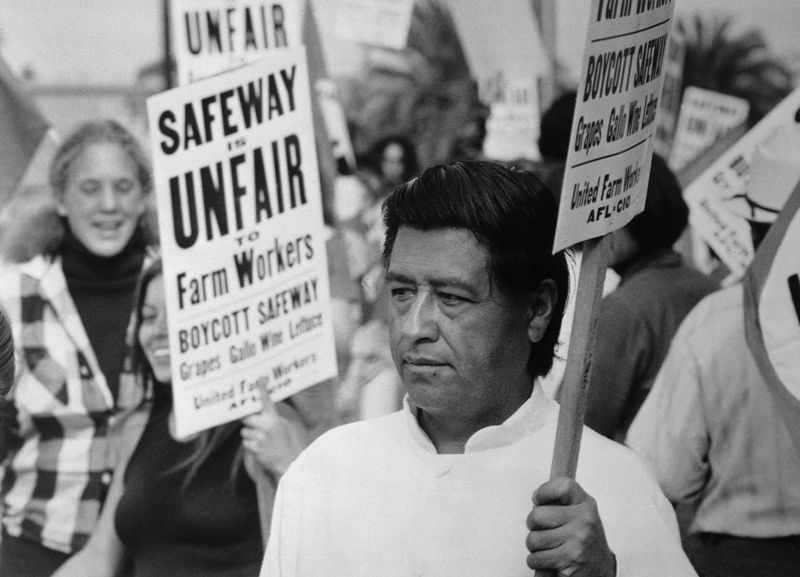History books are filled with leaders who’ve shaped our world, but not all deserve equal praise. Some leaders who are widely celebrated actually left behind questionable legacies filled with destruction and suffering. Meanwhile, others who truly transformed nations for the better sometimes don’t receive enough recognition. Let’s examine which famous leaders might be more myth than merit, and which visionaries genuinely changed their nations for the better.
1. Napoleon Bonaparte
The self-crowned emperor of France left a trail of blood across Europe that overshadows his administrative achievements. His military campaigns caused the deaths of millions while his personal ambition trumped the revolutionary ideals he claimed to uphold.
France briefly expanded under his rule, but at what cost? The disastrous Russian campaign of 1812 decimated his Grande Armée, with fewer than 100,000 soldiers returning from the original 600,000.
His final defeat at Waterloo ended years of warfare that exhausted Europe’s resources and population. The Napoleonic Code remains his most positive legacy, but it came at the expense of liberty and countless lives.
2. J. Edgar Hoover
Behind the façade of America’s top lawman lurked a figure who routinely abused his power. For nearly five decades, Hoover maintained his grip on the FBI through intimidation and blackmail, collecting damaging information on politicians and activists alike.
His COINTELPRO program illegally surveilled civil rights leaders like Martin Luther King Jr., attempting to discredit them through manufactured scandals. Hoover’s FBI often ignored organized crime while pursuing his personal vendettas against perceived enemies.
Despite his public image as a crime-fighting hero, his legacy is one of unchecked authority and constitutional violations that damaged American democracy and civil liberties.
3. Joseph Stalin
The Soviet strongman’s industrialization of Russia came at an unconscionable human cost. His forced collectivization of agriculture led to the Ukrainian Holodomor, a man-made famine that killed millions while grain was exported abroad.
Stalin’s paranoia fueled the Great Purge, where countless citizens were executed or sent to the Gulag system on fabricated charges. Even his military leadership during World War II, often cited as his redeeming quality, was marked by tactical blunders that cost Soviet soldiers their lives.
His cult of personality masked the reality of a brutal regime that sacrificed its people for industrialization and military might.
4. Mao Zedong
The founder of modern China unleashed policies that caused some of history’s deadliest famines. His Great Leap Forward, intended to rapidly industrialize China, instead led to the deaths of an estimated 45 million people between 1958-1962 through starvation, overwork, and political persecution.
Mao’s Cultural Revolution later threw China into chaos as he encouraged young Red Guards to attack traditional culture and anyone deemed counter-revolutionary. Universities closed, intellectuals were persecuted, and priceless cultural artifacts were destroyed in a decade-long upheaval.
Though credited with unifying China, his economic experiments and political purges devastated the very people he claimed to champion.
5. Woodrow Wilson
America’s academic-turned-president championed democracy abroad while undermining it at home. Wilson’s administration segregated federal offices, reversed decades of racial progress, and screened the pro-KKK film “Birth of a Nation” at the White House, giving the hate group new legitimacy.
His idealistic Fourteen Points and League of Nations failed to prevent future conflicts. During World War I, Wilson’s Espionage and Sedition Acts criminalized dissent, imprisoning thousands for speaking against the war or government.
His legacy of promoting democracy internationally while allowing Jim Crow laws to flourish domestically reveals a profound hypocrisy that harmed generations of Americans.
6. Adolf Hitler
The Nazi dictator’s brief economic “miracle” came through unsustainable military spending and stolen Jewish property. Germany’s supposed recovery under Hitler was built on rearmament, forced labor, and preparation for a war that would ultimately destroy the country.
His genocidal policies led to the Holocaust, killing six million Jews and millions of others deemed undesirable. Far from making Germany great, Hitler’s twelve-year reign reduced major cities to rubble and divided the nation for decades.
Any assessment of Hitler as an effective leader ignores that his actions caused Germany’s total defeat, occupation, and the deaths of millions of Germans alongside his many victims.
7. King Louis XVI of France
The ill-fated French monarch inherited a financial crisis but lacked the leadership skills to address it. While living in luxury at Versailles, Louis repeatedly vacillated between reform and tradition, undermining his own ministers’ efforts to prevent bankruptcy.
His decision to support the American Revolution drained France’s treasury without securing meaningful reforms at home. When the French people finally demanded change, Louis failed to understand the gravity of the situation until it was too late.
His indecisiveness during crucial moments of the French Revolution sealed his fate and that of the monarchy. The guillotine that ended his life in 1793 symbolized his ultimate failure as a leader.
8. King George III of Great Britain
The monarch who lost America suffered from more than just the mental illness that plagued his later years. George’s stubborn refusal to compromise with American colonists transformed a tax dispute into a full-blown revolution that cost Britain its most valuable colonies.
His insistence on personal rule through ministers like Lord North demonstrated poor political judgment. Despite ruling for six decades, George failed to adapt to changing times, clinging to outdated notions of royal authority.
The American Declaration of Independence lists 27 grievances against him, many justified by his inflexible policies. His legacy is defined by the loss of territories that would become the world’s superpower.
9. Ferdinand Marcos
The Filipino dictator began as a promising leader before corruption and power consumed him. Marcos declared martial law in 1972, ruling by decree while he and his wife Imelda amassed a fortune estimated between $5-10 billion through systematic plundering of the national treasury.
His regime was marked by thousands of human rights abuses, including torture, disappearances, and extrajudicial killings. The Philippines’ economy deteriorated under his leadership, with poverty rates rising dramatically despite massive foreign loans.
When finally forced from power in 1986, Marcos left behind a nation in economic ruins with debt that Filipinos continued paying for decades after his overthrow.
10. Queen Victoria
The symbol of British imperial might presided over colonial exploitation that enriched Britain while subjugating millions. Victoria’s empire was built on unequal trade relationships and military dominance that extracted wealth from colonies while offering little in return.
The Irish Potato Famine occurred under her reign, with British policies exacerbating a disaster that killed one million and forced another million to emigrate. In India, her government’s policies contributed to famines that killed millions while grain exports to Britain continued.
Though personally opposed to racism, Victoria did little to prevent the development of scientific racism and discriminatory policies that would shape the 20th century’s darkest chapters.
11. Nelson Mandela
After 27 years in prison, Mandela emerged without bitterness to lead South Africa toward reconciliation rather than revenge. His Truth and Reconciliation Commission created a revolutionary model for healing national wounds through honesty rather than retribution.
Mandela’s leadership prevented the racial civil war many thought inevitable after apartheid’s fall. He stepped down after just one term as president, setting a powerful example of democratic transition in a continent where leaders often cling to power.
His moral authority and commitment to forgiveness transformed South Africa from an international pariah into a beacon of possibility. Mandela’s legacy shows how principled leadership can break cycles of violence that seem unending.
12. Mahatma Gandhi
The frail man in a homespun dhoti brought the British Empire to its knees without firing a shot. Gandhi’s strategy of nonviolent resistance provided a blueprint for liberation movements worldwide, from civil rights in America to anti-apartheid struggles in South Africa.
His Salt March and other campaigns demonstrated how ordinary people could challenge unjust laws through civil disobedience. Beyond independence, Gandhi fought against untouchability and religious hatred in Indian society.
What makes Gandhi truly remarkable was his consistency—he lived the principles he preached, embracing poverty and simplicity. His assassination in 1948 came while working to heal Hindu-Muslim divisions, dying for the interfaith harmony he championed throughout his life.
13. Winston Churchill
The bulldog-faced British leader found his destiny during his nation’s darkest hour. After years in political wilderness, Churchill’s warnings about Nazi Germany proved tragically accurate, positioning him to lead Britain when invasion seemed imminent.
His defiant speeches rallied a nation standing alone against Hitler’s war machine. “We shall fight on the beaches” wasn’t empty rhetoric—it reflected genuine determination when surrender seemed the logical choice.
Churchill’s greatest achievement was convincing ordinary Britons that victory was possible when all evidence suggested otherwise. Though later voted out of office, his leadership during the crucial years of 1940-41 literally saved Britain from defeat and changed world history.
14. Abraham Lincoln
The rail-splitter from Illinois guided America through its bloodiest conflict with wisdom beyond his formal education. Lincoln’s political genius lay in balancing competing factions while keeping his eye on the essential goal: preserving the Union while moving toward emancipation.
His Emancipation Proclamation transformed the Civil War from a constitutional dispute into a moral crusade against slavery. Despite personal tragedy and depression, Lincoln showed remarkable compassion toward his enemies, planning a generous reconciliation that died with him at Ford’s Theatre.
His Second Inaugural Address, urging Americans to proceed “with malice toward none, with charity for all,” remains the gold standard for healing national divisions after bitter conflict.
15. Franklin D. Roosevelt
The aristocrat who understood common people’s struggles transformed American government during twin crises of Depression and war. FDR’s first hundred days revolutionized the relationship between citizens and government, creating a safety net that prevented starvation and restored dignity.
His fireside chats brought government directly into American living rooms, explaining complex policies in straightforward language anyone could understand. Despite being unable to walk unaided due to polio, Roosevelt projected strength and optimism that pulled America from despair.
His leadership during World War II mobilized American industry into the “arsenal of democracy” that overwhelmed the Axis powers, while his vision helped create the United Nations.
16. Margaret Thatcher
The grocer’s daughter who became Britain’s first female prime minister transformed a stagnant economy through sheer force of will. Taking power when Britain was called “the sick man of Europe,” Thatcher’s market reforms broke union strangleholds and revitalized British business.
Her Falklands War victory restored national confidence after decades of post-imperial decline. Though controversial for her confrontational style and cuts to social services, even critics acknowledge her transformative impact.
Thatcher’s greatest achievement may have been changing Britain’s self-perception from a declining power managing inevitable decline to a nation capable of renewal and global influence. Her partnership with Reagan helped accelerate the Soviet Union’s collapse, changing the geopolitical landscape.
17. Lech Wałęsa
The electrician with a mustache and lapel pin of the Virgin Mary led a shipyard strike that cracked the foundation of Soviet domination. Wałęsa’s Solidarity movement began as a labor union but evolved into a 10-million-member force for democratic change in Poland.
His genius lay in recognizing that nonviolent resistance could succeed against communist authorities who expected—even welcomed—violent confrontation. When martial law crushed Solidarity temporarily, Wałęsa continued organizing underground.
From shipyard worker to Nobel Peace Prize winner to president, his journey embodied Poland’s transformation. Though his presidency proved less successful than his activism, Wałęsa’s courage inspired Eastern Europeans to imagine freedom when such dreams seemed impossible.
18. Abdul Sattar Edhi
The humble Pakistani philanthropist built the world’s largest volunteer ambulance network from a single van and personal savings. Edhi lived in a two-room apartment adjacent to his foundation’s headquarters, owning just two sets of clothes despite managing a charity worth millions.
His ambulances became a symbol of hope during Karachi’s worst violence, serving all regardless of ethnicity or religion. When criticized for helping non-Muslims, he famously replied, “My ambulance is more Muslim than you.”
Edhi’s orphanages never turned away abandoned children, including those born out of wedlock in a deeply conservative society. His foundation continues providing free healthcare, addiction treatment, and emergency services to millions of Pakistan’s poorest citizens.
19. Simón Bolívar
The aristocrat who abandoned privilege to fight for South American independence liberated six nations from Spanish colonial rule. Bolívar’s military campaigns covered twice the territory of Alexander the Great’s conquests, traversing the Andes mountains in winter when Spanish forces thought it impossible.
His vision extended beyond battlefield victory to creating stable democracies, though this proved more challenging than military success. Bolívar freed his own slaves and advocated for racial equality when such ideas were revolutionary.
Though his dream of a united South America failed during his lifetime, his ideals of pan-American cooperation continue inspiring the region. Modern Venezuela, Colombia, Ecuador, Peru, Bolivia, and Panama all owe their existence to his leadership.
20. Eleanor Roosevelt
The First Lady who redefined the role transformed personal tragedy into a lifelong mission for justice. After discovering her husband’s affair, Eleanor channeled her pain into advocacy for those without power, becoming FDR’s eyes and ears among ordinary Americans during the Depression.
She held press conferences exclusively for female journalists, ensuring women maintained media jobs. Her post-White House career proved even more influential, as she helped draft the Universal Declaration of Human Rights that established global standards for dignity and freedom.
Eleanor’s willingness to stand with marginalized groups—visiting coal miners, advocating for Black Americans, supporting refugees—demonstrated moral courage when such positions brought fierce criticism and personal danger.
21. Aung San Suu Kyi
The Oxford-educated daughter of Burma’s independence hero sacrificed freedom for democracy, spending 15 years under house arrest rather than leaving her country. Her quiet dignity in detention inspired a generation of democracy activists worldwide.
Suu Kyi’s nonviolent approach earned her the Nobel Peace Prize and moral authority that military rulers couldn’t destroy despite their weapons. When finally allowed to participate in elections, her party won overwhelming victories.
Her later controversial positions on the Rohingya crisis have complicated her legacy. Yet her decades-long struggle demonstrates how a single determined individual can withstand a powerful military regime through moral courage rather than force.
22. Julius Nyerere
Tanzania’s founding father chose national unity over tribal division, creating one of Africa’s most stable countries. Unlike many post-colonial leaders who enriched themselves, Nyerere lived modestly and retired voluntarily after acknowledging his economic policies had failed.
His emphasis on education transformed Tanzania from a largely illiterate nation to one with widespread basic education. Nyerere’s greatest achievement was forging national identity among Tanzania’s 120+ ethnic groups through promoting Swahili as a unifying language.
While his socialist economic policies proved unsuccessful, his anti-corruption stance and personal integrity established governance standards rarely seen in post-colonial Africa. Tanzania’s peaceful transitions of power stand in stark contrast to the violence that plagued neighboring countries.
23. Cesar Chavez
The migrant farmworker who became labor’s champion organized America’s most vulnerable workers when many thought it impossible. Chavez’s United Farm Workers movement combined labor activism with civil rights, bringing attention to the dangerous conditions and poverty wages in America’s fields.
His fasts weren’t publicity stunts but spiritual commitments reflecting Gandhi’s influence on his nonviolent philosophy. Chavez insisted on nonviolence despite facing armed intimidation, believing moral authority would ultimately prove stronger than physical force.
His famous slogan “Sí, se puede” (Yes, it can be done) inspired generations of activists and was later adapted by Barack Obama’s presidential campaign. Chavez’s legacy lives on in improved conditions for agricultural workers and environmental protections from pesticides.
